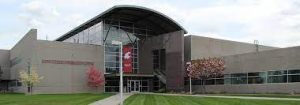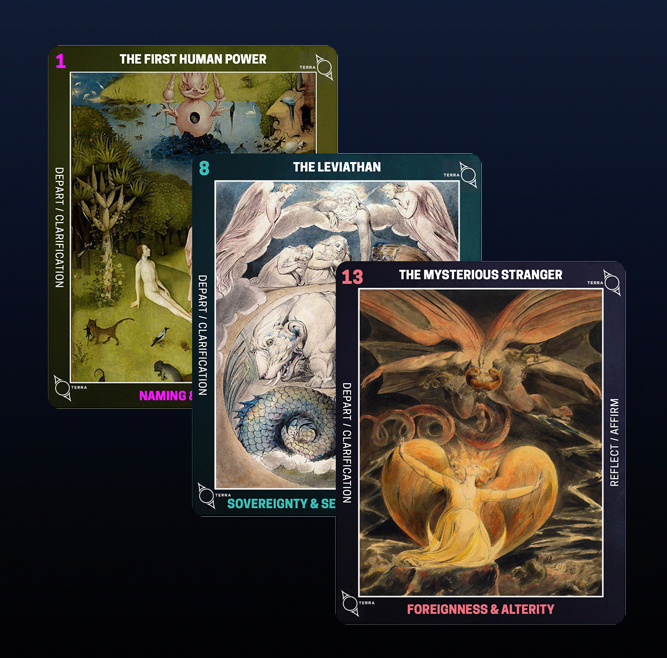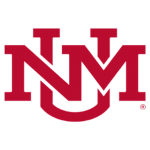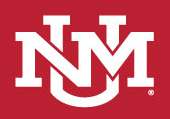- Terra Prime Wellness Session – Tuesday, Mar 7 – 3:00 MST
- Transformation Network Podcast Features CSU’s Kelly Jones
- Ecology and Society Special Feature on SRS Convergent Science
- “Engaging for Change: Tools and Tips for Engaging with Natural Resource Managers to Create Positive Change,” by Paul Ryan – March 8 – 4:00 MST
- “Universal Access to Clean Water for Tribal Communities” Webinar Recording
- How to Systematize Interdisciplinary Integration
- Phoebe Suina Launched Innovations in the Landscape Series
There will be no TN-Wide Meeting Next Week.
This fourth week in our Spring Semester Gatherings is devoted to the various Charter project collaborators and their community partners to meet, or for work on Charter research.
2023 TN All-Hands Meeting Survey – A participation/lodging survey will be emailed to you later this morning. Please respond to the survey as soon as possible.
As you plan your travel to the Tri-Cities on Monday, May 22, help us ensure there is a room waiting for you upon arrival. Please fill out the three-question survey emailed today at your earliest convenience.
The TN will cover your room and meal costs once you arrive in WA. Your institutional budgets will cover your flights and other expenses during travel. We have created a new Slack channel, #all-hands-meeting-2023, where we will post updates and additional information about the event.
The two-day meetings will be held at the WSU Tri Cities campus in Richland, WA, near the confluence of the Columbia, Yakima, and Snake rivers. The Yakima Basin Exemplar team will host the two-day meeting, followed on the third day by a scenic, multisite field trip to the Yakima River Basin, and will include some wine tasting opportunities during dinners featuring wines from the Northwest region.

Tuesday, March 7 at 3:00 MST – Manuel Montoya and Terra Prime Wellness Session: ‘Creative Approaches to Dealing with Fatigue within the Academy’
Pull out your Terra Prime card decks and join us for this compelling 60-minute program in which Manuel Montoya will lead us in a special Terra Prime session. We will reflect on what forces enhance or challenge our state of well-being as academics in today’s environment. Academic life is supposed to be a sanctuary for intellectual and creative thought. At its best, it can protect the time and space needed to develop ideas that shape the world, and ideally, the way we interact as living beings. At its worst, it is a bloated bureaucracy, a system that is encumbered by process in favor of presence. During times of immense change, we grow tired and our well-being is challenged to its limits.
During this TN-Wide Wellness gathering, we will use our Terra Prime card decks to answer the following questions: What is the state of higher education as it relates to our intellectual and emotional well-being? What is the source of our resilience as thinkers in a complex and cumbersome academic space? How does the Transformation Network account for the changes in academia that allow us to transform in correspondence with our noble and ambitious hopes for our work?
Manuel has created a Terra Prime primer packet to prepare us in advance of the session. Take some time to read it over beforeTuesday!


A special feature in Ecology and Society is being planned that will highlight convergence-based research in order to advance both theoretical conceptualization and practical outcomes associated with a convergence science approach. It will explore the challenges associated with convergence research, and the questions that may arise as it is being deployed, including:
- How is convergence research different from related fields, including transdisciplinary research and team science?
- What is the relationship between convergence and the National Science Foundation’s priority for use-inspired research questions? What role does community engagement play in convergent research?
- What does successful convergent science look like beyond engagement within STEM dominated fields?
- What conceptual models and frameworks can be engaged to facilitate deep integration across disciplines?
We invite manuscripts for the Special Feature that address these questions, explicitly articulate a vision for convergence research, contextualize convergence-research efforts through reflexive case study application, or provide practice guidance on how to engage in convergence research.
If you are interested in contributing to this Special Feature, please submit a proposed abstract to Melinda Morgan by March 31, 2023.
Abstracts should be less than 300 words, should not contain citations, and should avoid abbreviations. Additional information about this special feature, NSF’s definition of convergence research, and relevant convergence literature, can be found here.

